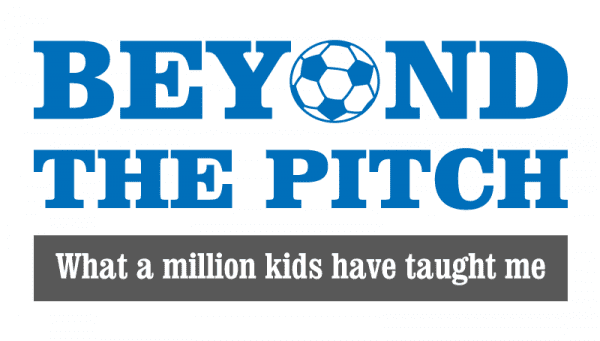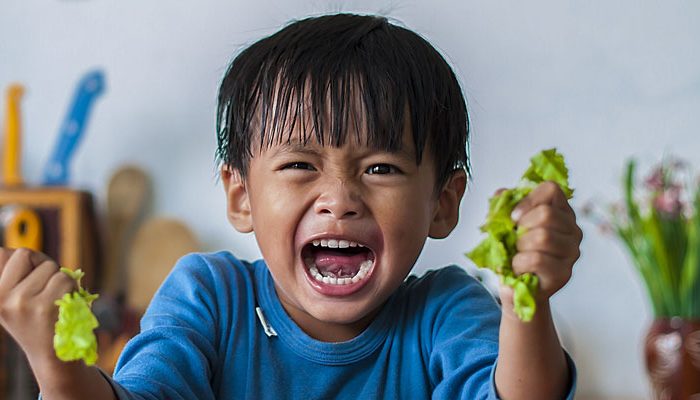
© Adobe Stock
Gratitude
November 18, 2020
Like many people, COVID has been rough for our family and our business. But for some, life has gone on in a relatively normal way, and they are thriving. Recently I was in a text exchange with a friend who has had such an experience. She’s a therapist and her husband works at Costco (both are deemed essential). They haven’t experienced any financial loss (or any other losses) and are busier than ever. In our conversation, she mentioned feeling “guilty about her good fortune while others are in pain.”
I get that. It is hard sometimes to feel good when others are struggling. My response to her was this: “Yes, compassion is a good thing. But so is gratitude. I think it’s ok to be grateful for your good fortune.”
It’s got me thinking a lot about gratitude and how it manifests in our lives. Do we let the plight of others bring us down, or do we recognize our good fortune and use it to elevate others? Sometimes we can’t help but feel overwhelmed by what is happening in the world. But, we can simultaneously be compassionate and grateful in tough times--we have to be.
The recognition of the positive things in our lives is what gives us the hope and strength to carry on, and it’s at the root of extending ourselves to care for others. Our compassion gives us the emotional nudge to get active. Without hope, there is a risk of getting mired down in the gunk of life. Without compassion, there is little motivation to take action. And complacency is dangerous.
Gratitude is also essential to our well-being. Studies have shown there is a neurological reaction in our brains when we practice gratitude that activates our reward system and helps regulate stress. Both make us feel happier. There is also a health component.
“The recognition of the positive things in our lives is what gives us the hope and strength to carry on, and it’s at the root of extending ourselves to care for others.”
According to the American Heart Association, gratitude “can have dramatic and lasting effects in a person’s life. It can lower blood pressure and improve immune function…grateful people engage in more exercise, have better dietary behaviors, are less likely to smoke and abuse alcohol and have higher rates of medication adherence.”
For many, these are dark times. And it might be hard to find any silver lining. But if we are to get through it, we must exercise our gratitude muscles. Even if it is only in the tiniest of ways—it will get easier and feel more natural the more you do it. And it will make you feel better.
How we show up does matter, especially for parents. Kids see how we respond when things get tough and will mimic our behaviors far more quickly than they will adhere to our words.
Here are some ways to get you and your family geared towards gratitude.
- Take 5. Each day take a few minutes to acknowledge the things for which you are grateful. Even if they are small and seem insignificant, recognizing them can create a grateful mindset.
- If you see something, say something. Appreciate the good in others. Whether the gesture is big or small, on TV or in real life, recognition shows an awareness that you see the good deeds and are thankful for the effort.
- Get Active. Choose a charity you and your family can support with either your time or financial resources. Make it a family activity by volunteering together, learning about it, and or discussing how it helps others and why you’re involved. Including the kids in the process will make them feel good. They can even earn money to donate. Charities love to receive pledges from young donors, even if it’s only a dollar.
- Write thank-you notes. And not just for gifts you receive. Each year at Thanksgiving, I choose a person that has made a significant impact on my life that year. I write a heartfelt note detailing how they have made a difference and how grateful I am for their presence in my life.
- Create a gratitude journal. This is a fun way to keep a record of the cute things your kids say and do when it comes to being thankful. Any notebook or journal will work.
- Create a gratitude jar or wall. Write notes and put them in a jar to read out loud weekly. Or create a gratitude sign out of paper and tape it to the wall. Encourage people to write notes, words, or draw pictures of gratitude. It is a great way to display the messages, easily accessible and a great daily reminder, visible for all to see.
Be kind to yourselves and others.
Until next time,

Recent Posts
Revive From Burnout
It’s been a while since I’ve written. Finding the time and my voice has been a bit challenging. And honestly I’ve been pretty burned out. Here are three things I’ve done to get back on track and revved up for a new year. Read more.
Tips for Back-to-School 2021
Are you wondering how to manage the back-to-school process this year? Emotions about returning to school may be running a little high. Read on to discover some tips for coping. A little pre-planning will go a long way. Read more.
Behavior on the Slide? Learn the Signs of Stress in Your Child
A child’s behavior can reveal a lot about how they’re feeling. Check out how you can help your child learn to understand and manage their emotions in healthy ways. Read more.





